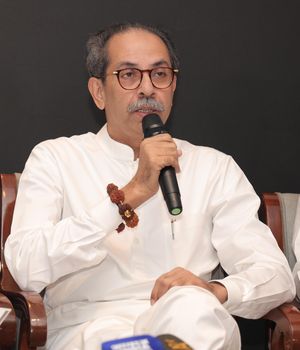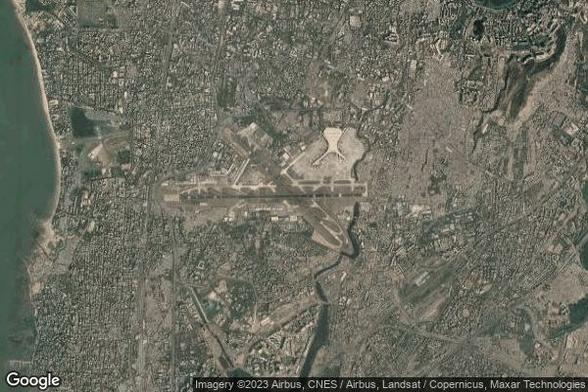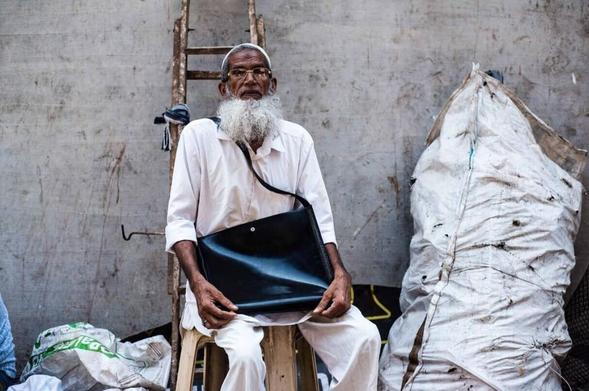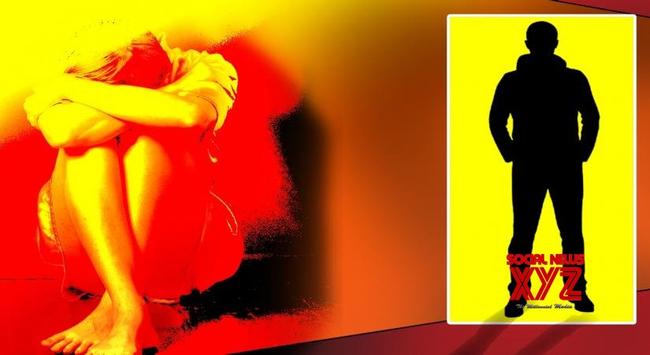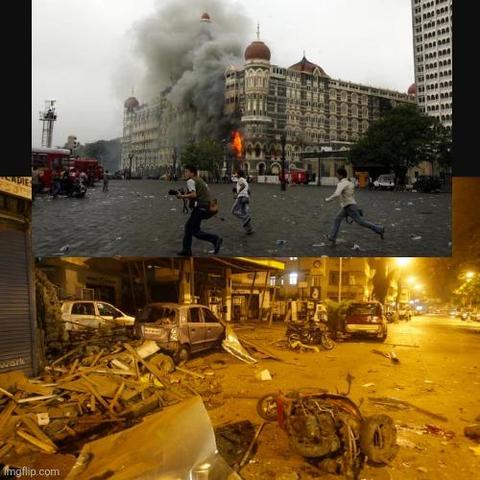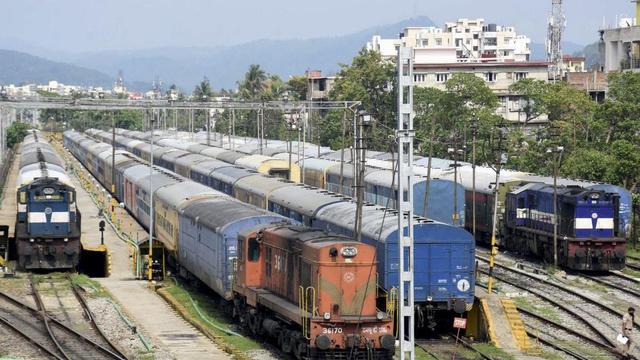Rohini L | RATI Foundation
“An ideal internet is a digitally inclusive space that prioritizes diversity, equity, and safety for everyone. The digital world as we know it today is often designed without considering structural inequalities, resulting in exclusion and harm to young people and vulnerable communities. Young users navigate complex online spaces shaped by systemic biases, necessitating enhanced digital literacy to critically understand and safely engage with technology. Digital literacy is not only about technical skills but involves awareness of privacy, security, and the socio-political contexts of online interactions. We need to follow inclusive design principles that embed safety, accessibility, and representation by default, not as afterthoughts. This means technologies should be co-created with diverse communities to address their needs and mitigate harms such as gender-based violence and pervasive surveillance. An ideal internet supports open knowledge, protects civil liberties, and allows for spaces where everyone can participate fully.” - Rohini Lakshané
Meet our panelist for the panel ‘Design ≠ Diversity’ at Access, Agency, Azaadi: The Internet We Deserve. This event marks the launch of the Ideal Internet Report 3.0 and conversations on Digital Divides & Vulnerabilities of Indian Teens Online.
Rohini L. is a technologist, interdisciplinary researcher, and Wikimedian who works at the intersection of technology, policy, and civil liberties. An engineer by training and a Fellow at the FactorDaily Media Lab, she has led and contributed to research and advocacy projects on gender inequity and violence, access to knowledge, openness, patent reform, and diversity in tech spaces, and she frequently speaks on these themes. Rohini received the 15th Laadli Media Award (2025) for her longform article ‘The crying shame of image-based abuse’, and her earlier article ‘The trouble with being a woman in FOSS’ was part of a series that won the South Asian Laadli Media Award in 2017. She was profiled in 31 Fantastic Adventures in Science: Women Scientists in India (2019), served on Deutsche Welle’s Best of Blogs jury (2014–15), and has held key roles in the Wikimedia ecosystem, including Wikimedian-in-Residence (2013), Chair of the Gender Gap SIG (2013–14), and member of the Simple Annual Plan Grants advisory committee (2017–2021).
Indian children are not a monolith. They access and navigate the internet in many different ways. Through shared devices, circulating passwords, co-managed accounts, borrowed data and multilingual workarounds. Yet devices and platforms rarely, if ever, acknowledge these glaring realities or design for the diversity of ways young people actually live online.
Together, we hope that this panel explores the critical questions around what does design look like when diversity is the default rather than the afterthought.
📅 28th November 2025
🕙 10 AM to 5 PM
📍 Hotel Westend, Churchgate, Mumbai
